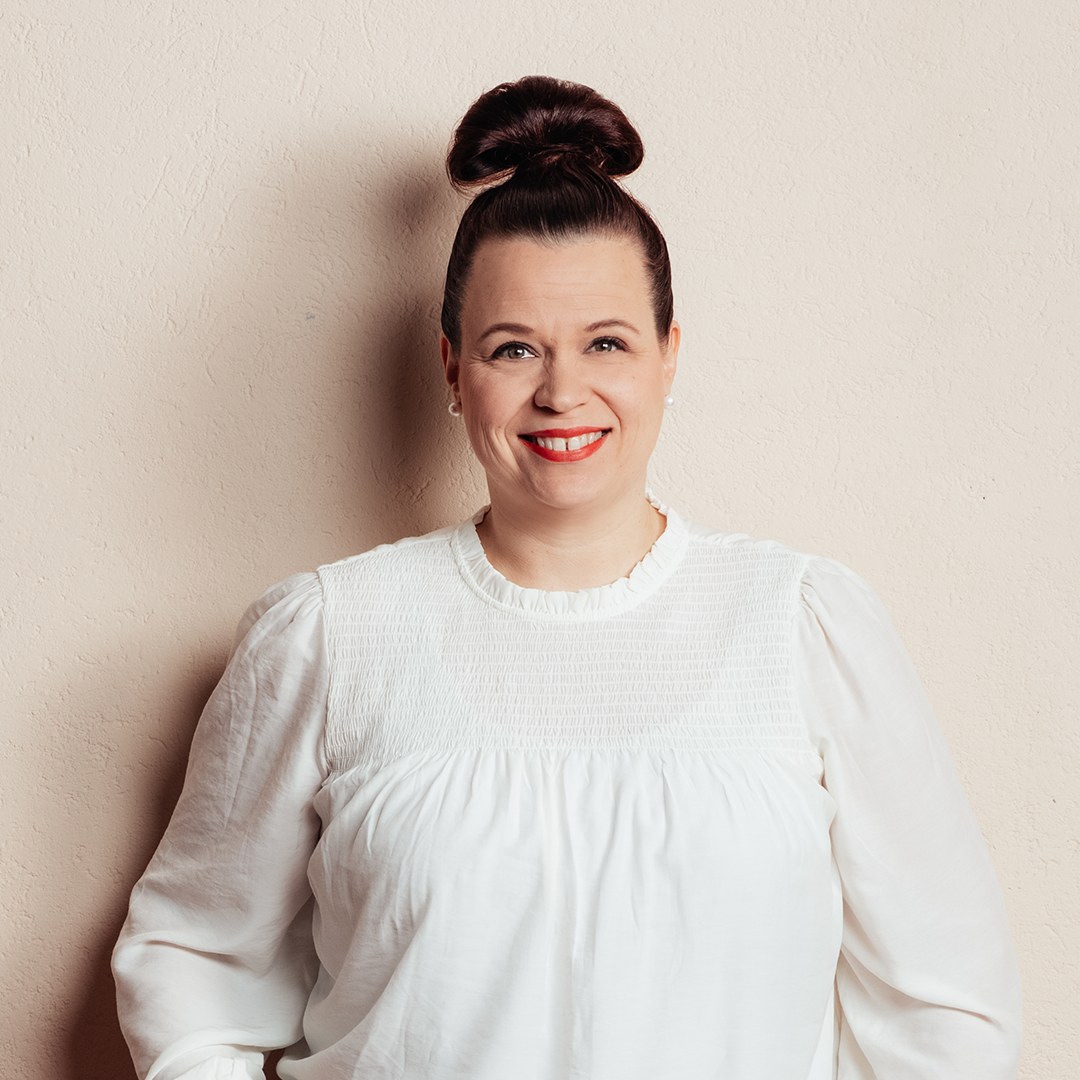Brands you don’t want to give up in 2024

According to the Changing Consumer 2024 survey conducted by Dagmar, brand familiarity is now even more important in choices – as many as 65% of Finns trust familiar brands. The appreciation of domesticity is still on the rise.
According to the Changing Consumer survey, which was conducted in its third year, the importance of brand familiarity has increased significantly. While two years ago, 47% of Finns said they trusted familiar brands, now as many as 65% of Finns rely on brand familiarity.
Strong brands are increasingly winning in choices. Valio, Fazer, Pirkka, Kotimaista and Apple are the brands that people are most loyal to and do not want to give up.
“Familiarity brings security. The same security is also sought by following the shopping experiences of others. Information is no longer only searched for on search engines such as Google, but also on social media. As many as 1.8 million Finns write public reviews of products and services online – and 3.4 million Finns follow them. The power of the consumer has grown tremendously – the consumer is now truly the ruler of the shopping world,” says Kirsi Laakso, Customer Insight Director at Dagmar.
Strong brands win when it comes to choices.
The consumer is now truly the ruler of the purchasing world.
Finns’ buying enthusiasm is starting to awaken
For most sectors, the outlook is already better than last year in 2023. Especially in health care, domestic tourism, clothing and shoes, and investments, there are more people who increase consumption than those who decrease.
The situation is most dire for home electronics, driving, services purchased at home and food. In these industries, there are clearly more people reducing consumption than increasing them. However, in almost all industries, the number of redundancies is lower than in 2023.
So there are signs of recovery in the air, even though Finns are still on a cost-cutting diet.
Price awareness has increased significantly from last year.
“More and more people are now paying attention to prices in advertising. Price awareness has increased significantly from last year. It is particularly interesting that offers are monitored even when there is no intention to buy. Especially the offers of grocery stores, supermarkets and discount stores are monitored regularly,” says Laakso.
The appreciation of domesticity is still on the rise. As many as 1.6 million Finns say that they have increased their purchases of domestic products over the past six months – 400,000 Finns more than last year.
According to Laakso, responsibility is understood differently in different industries, so expectations also vary.
“The industry determines the level from which Finns assess the sustainability of a company and its products. For example, the healthcare sector, the food industry, and banking and insurance services are considered more responsible than the cosmetics sector or car dealerships. On the other hand, responsibility is not always absolute. Not everyone can afford to make only responsible choices.”
What is a responsible Finnish consumer like?
When making purchasing decisions, half (50%) of Finns do not consider sustainability to be a significant selection criterion, while the other half (50%) say that it affects their purchasing decisions for products and services.
Young women, the well-off, the highly educated and those living in the Helsinki Metropolitan Area are emphasized among those who strive for responsible choices. For them, responsibility is also reflected in actions – 37% of Finns say that they refused to buy after realising that the product or the company manufacturing it was not responsible. Before making a purchase decision, the country of manufacture of the product, the use of child labour or animal testing, and the environmental impact are examined.
Not everyone can afford to make responsible choices.
At least 29% of Finns have ordered from international discount online stores, such as Shein, Temu and AliExpress. They emphasise 35–44-year-olds, families with children, lower income and education levels, and smaller towns.
According to Laakso, responsibility is understood differently in different industries, so expectations also vary.
“The industry determines the level from which Finns assess the sustainability of a company and its products. For example, the healthcare sector, the food industry, and banking and insurance services are considered more responsible than the cosmetics sector or car dealerships. On the other hand, responsibility is not always absolute. Not everyone can afford to make only responsible choices.”
A third of Finns have ordered from international discount online stores at some point.
Marketing agency Dagmar conducted the Changing 2024 survey in September. The target group of the study was Finns aged 16–79. A total of 1024 Finns responded to the survey in September 2024. The responses were collected as a survey carried out by Dagmar in Bilendi’s online panel. The statistical margin of error for the results is approximately +-3 percentage points.
More info about the survey

Customer Insight Director
Kipa is the head of Dagmar Drive’s Insight unit, who gets excited about using consumer understanding as a management tool. Loves problems and especially solving them. Following trends and utilizing them in business is close to her heart.